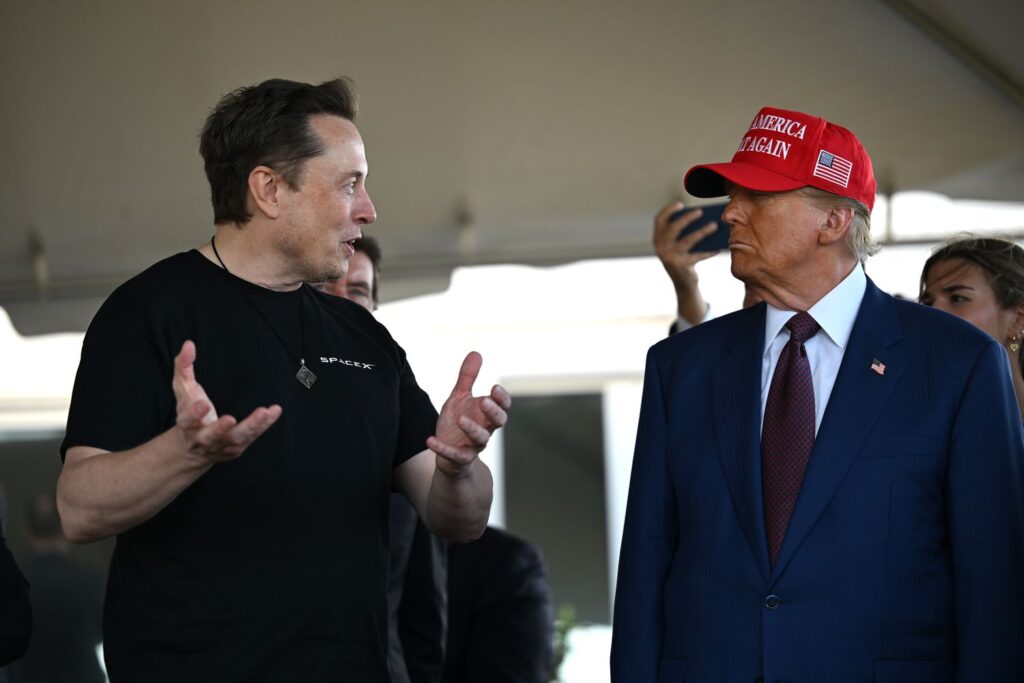:max_bytes(150000):strip_icc():format(jpeg)/GettyImages-2185637594-b20218dcc8284af5a13c4b796ca9eb33.jpg)
Key Takeaways
- The government looks increasingly likely to shut down as soon as this weekend after President-elect Donald Trump quashed a government funding bill lawmakers had negotiated.
- A government shutdown could be disruptive, especially for anyone using government services, but economists predict its economic impact would be small.
- The costliest government shutdown in history set the economy back $3 billion, equivalent to the yearly sales of Pennsylvania’s state-run wine and spirits stores.
A government shutdown as soon as this weekend could disrupt crucial services, but would likely have a limited impact on the overall economy, experts say.
The odds of a government shutdown spiked late this week after President-elect Donald Trump and advisor Elon Musk urged congressional Republicans to scrap a last-minute budget they had reached with Democrats to extend a funding deadline before it expires Saturday. A compromise bill endorsed by Trump failed to pass in the House of Representatives Thursday night.
Gamblers on the betting website Polymarket were pricing a 61% chance of a shutdown Friday morning, up from just a 7% chance on Tuesday. Economists see less of a chance, with Moody’s Analytics’ forecasters estimating a 30% chance of a shutdown.
If the funding deadline passes without action from Congress, some government services will shut down, while others will continue. Social Security checks will continue to go out, the military will continue to operate, and interest will still be paid on the national debt. Some national parks and government offices will be closed, and services such as food inspections could be disrupted.
What Would the Impact Be on the Economy?
However, economists said the overall financial impact would be small, relative to the economy’s size.
Government shutdowns are costlier the longer they last, and Goldman’s chief economist, Jan Hatzius, along with other economists at the investment bank, predicted this one would probably be short if it happened at all. They project that economic growth would be reduced by .15 percentage points each week a shutdown went on and would increase by the same amount when the shutdown ended.
“While the latest developments raise the odds of a government shutdown, a protracted shutdown looks unlikely in our view,” they wrote.
The five-week government shutdown in 2019 cost the economy $3 billion in growth, the Congressional Budget Office estimated. On the scale of the U.S. economy, that amount is a drop in the bucket. It’s equal to the sales of Pennsylvania’s state-run liquor stores last year or General Motors’ profit in the third quarter.
The Shutdown Threat
Lawmakers are scrambling to pass legislation that would fund the government for the year ahead, a task that was supposed to be done in September. However, as has typically happened in recent years, lawmakers passed temporary measures extending the deadline to Dec. 20 instead.
Although that deadline is fast approaching, until this week, the chances of the government shutting down seemed slim. Republicans gained control of the White House and both chambers of Congress in the November elections, and shutdowns typically occur when one party controls the White House and the other the Senate or the House of Representatives.
With Democrats still in control of the White House and Senate until January, both sides seemed inclined to make a deal. On Tuesday, congressional leaders said they had agreed to extend government funding through March.
That changed Wednesday after Musk, an influential economic advisor to Trump, wrote more than 100 posts on his social media platform X attacking the bill.
Later in the day, Trump posted on Truth Social, his social media platform, calling on Republicans to reject the bill. Musk and Trump criticized provisions that had been included to gain Democratic support. Trump endorsed a second bill but it failed to pass in the House Thursday, leaving lawmakers with less than a day to act.
Republican lawmakers were planning to introduce a third bill Friday, keeping the government open through March and not including a debt ceiling extension Trump had called for, the Washington Post reported.

